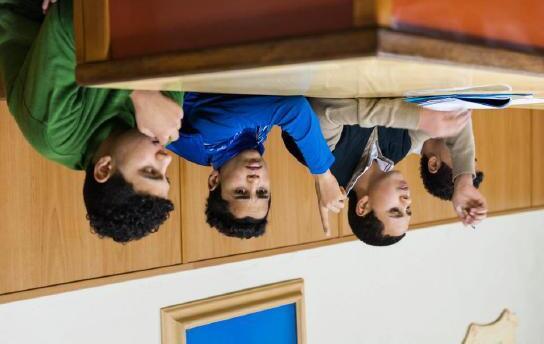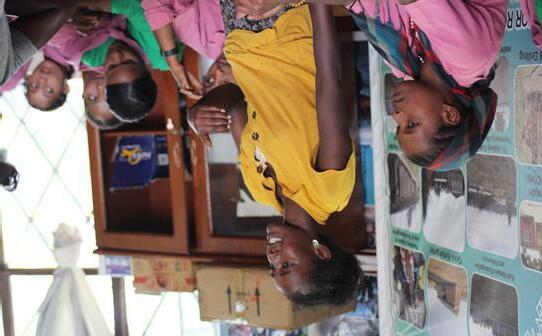
1 minute read
OUR STORY

In 1945, the vast number of orphans and vulnerable children living on the streets of Italy captured the heart of the Irish priest Monsignor Carroll-Abbing and shaped the course of his life’s work.
Advertisement
Boys’ and Girls’ Towns of Italy was founded to provide, in Monsignor’s words, “a chance in life” to vulnerable and orphaned children. These desperately poor children lived on the streets free of any kind of supervision, and recoiled at adults telling them what to do. This independent nature inspired a visionary approach to youth development: give children the responsibility of running their own town.
Over the years Boys’ and Girls’ Towns of Italy shifted from being communities of Italian war orphans to being the home to thousands of young refugees and unaccompanied minors. These young people escaping civil unrest, poverty and persecution have come to the Towns in Rome from over 20 different countries.
In 2015 the Board decided to take our successful approach beyond the Towns in Italy. Boys’ and Girls’ Towns of Ethiopia is helping to support 400 children this year in one of the poorest countries in the world. Just a year after the inauguration of our Towns in Ethiopia, Boys’ and Girls’ Towns of India was established to support 900 children living in the tribal areas of Kerala, India.
In 2016, our organization assumed the new name of A Chance In Life to honor the vision of our founder and to reflect the growing international scope of our work.
Self-government has been the source of success at our Towns for over 71 years. It is the essence of life in the Towns, providing the citizens, as the young people are called, with the skills, confidence and creativity to become active participants in their communities and the builders of their own lives.
Monsignor Carroll-Abbing’s approach to human development was this: if young people are supported to take responsibility for their lives and their communities, they will grow into caring, self-sufficient adults.

By meeting regularly, writing their own by-laws, electing their own leaders and deciding their own agendas, the young people develop self-esteem and mutual respect.
Throughout the years in their “town” they know that they are trusted, that their dignity is respected and that their capabilities are encouraged.

Top:
Bottom:





